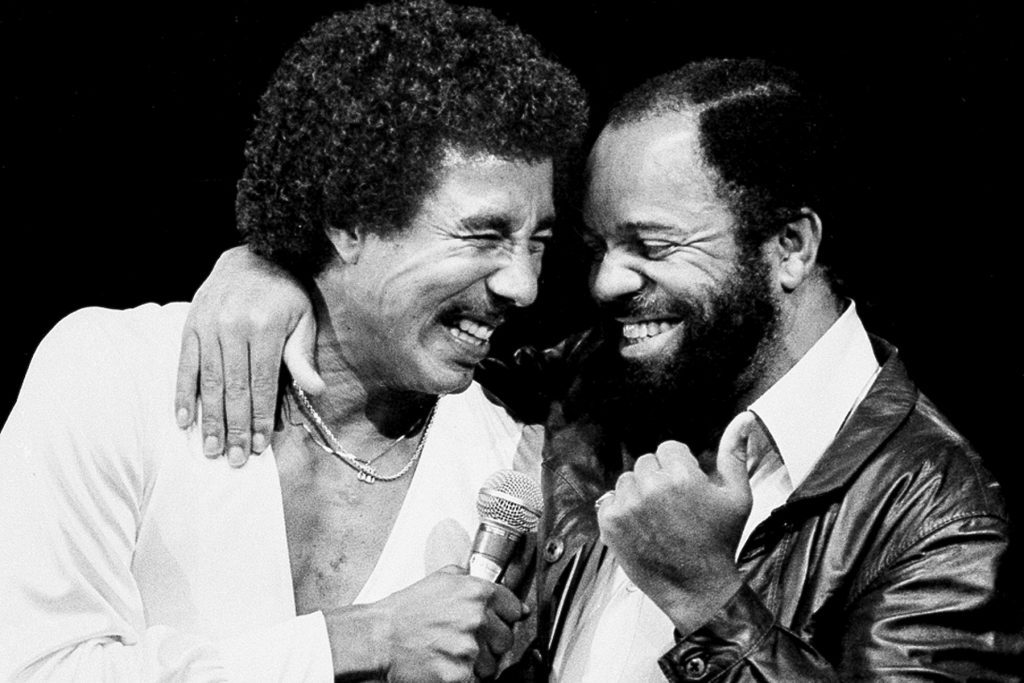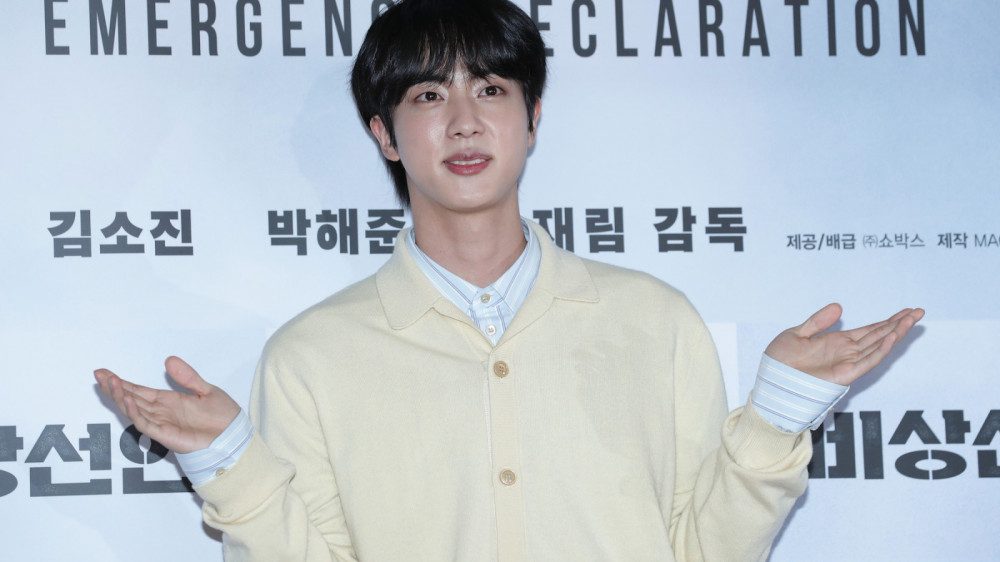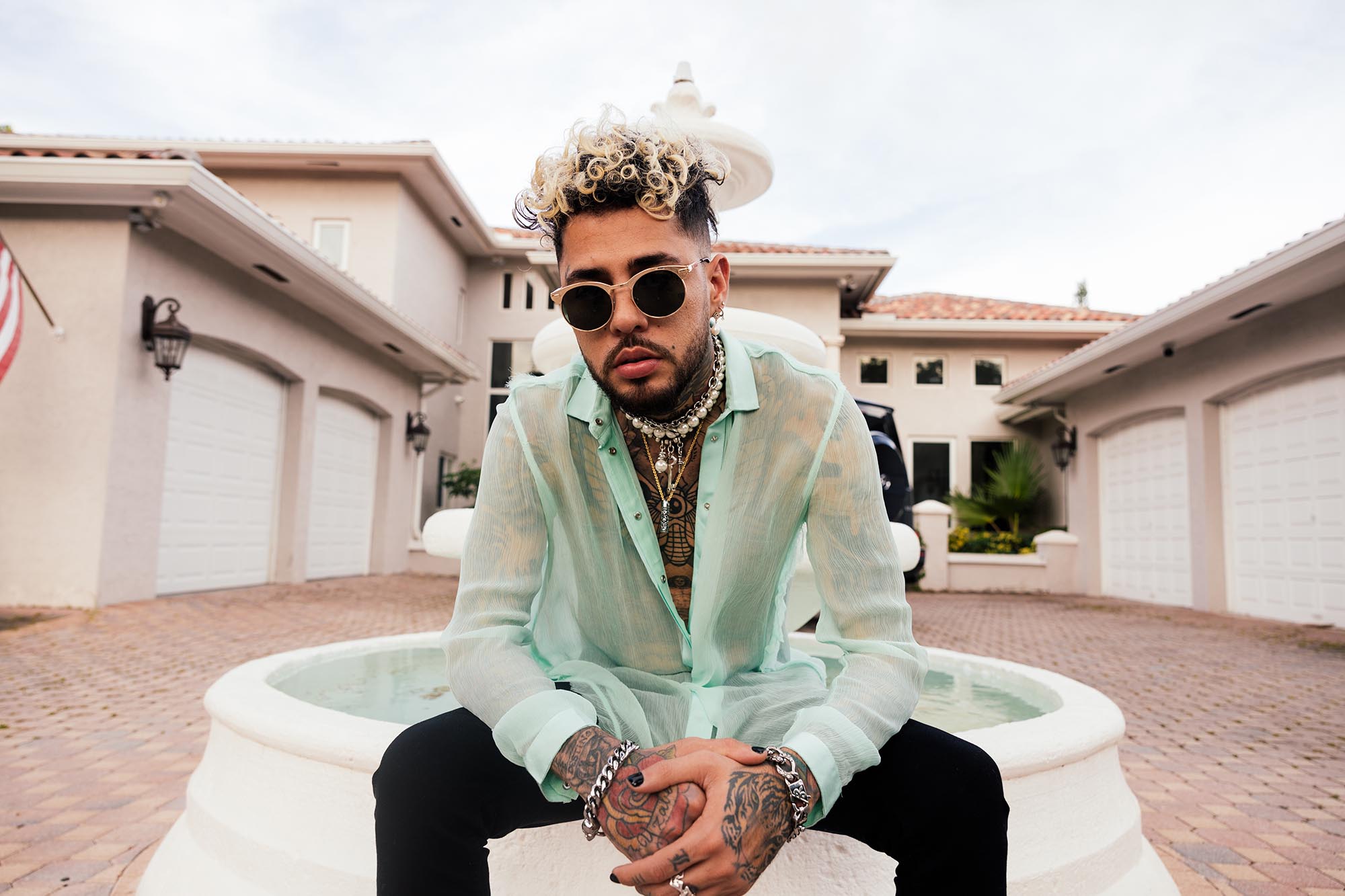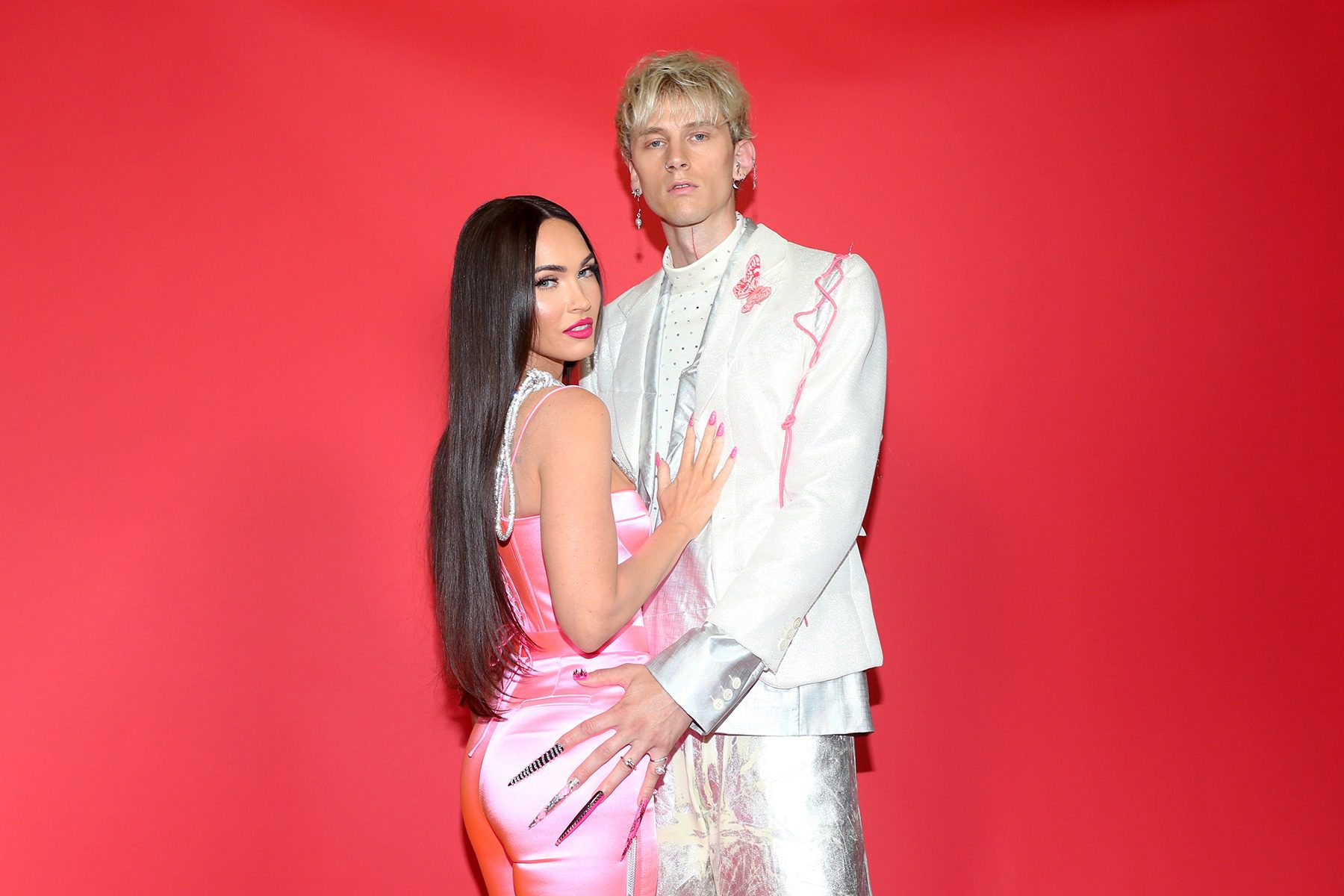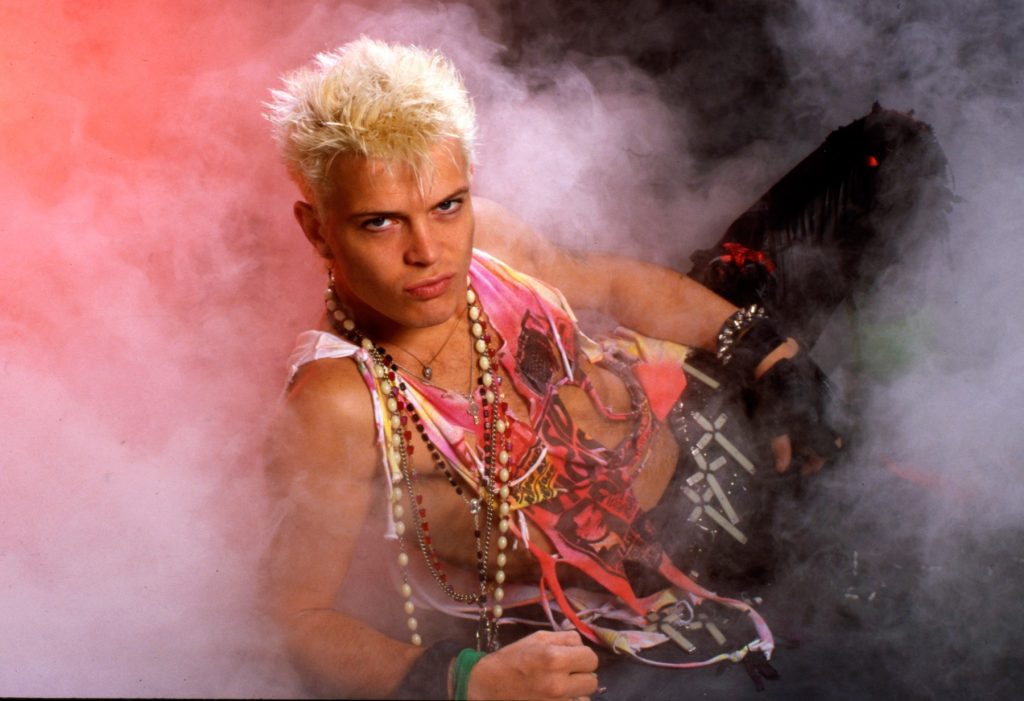
How Billy Idol Discovered Punk and Became Billy Idol
Billy Idol has always pushed the boundaries of chronological time, starting with the anachronistic 1970s punk look he pushed all over 1980s MTV. Idol turned 65 on November 30th, three days after the release of Miley Cyrus’ new album, Plastic Hearts, which features a brand-new duet with him on the excellent track “Night Crawling,” reviving the synth-punk sound of his classics. In an interview on an episode of our IndieLand Music Now podcast, Idol looked back at some of his formative moments and more. Some highlights follow; to hear the entire episode, press play below, or download and subscribe on iTunes or Spotify.
After seeing the Sex Pistols, he told his parents he was leaving university to join a punk-rock band.
“In ’76 I got this postcard from Steve Bailey, who later was in Siouxsie and the Banshees [as Steven Severin],” Idol recalls. “He’d seen the Sex Pistols and sent me this postcard saying, ‘I’ve seen the band we’ve been waiting for. Get back up here to London.’ Because I was down in Sussex University of Brighton. And then I came up to London and I saw a number of gigs and I watched the Pistols go from where they’re doing covers like [The Who’s] ‘Substitute,’ and then one week I went and they put in a new song, and it was ‘Pretty Vacant.’ It wasn’t just a song. It was a great song. And then, like a week or so after that, they brought in ‘Anarchy in the U.K.’ And I mean, when you heard that, it was just like, ‘This is the anthem of our times!’ We just sort of believed in what we were seeing, really. I had an innate belief that this was what our generation had to do.”
blogherads.adq.push(function () {
blogherads
.defineSlot( ‘medrec’, ‘gpt-dsk-tab-article-inbody1-uid0’ )
.setTargeting( ‘pos’, [“mid-article”,”mid”,”in-article1″,”mid-article1″] )
.setSubAdUnitPath(“music//article//inbody1”)
.addSize([[300,250],[620,350],[2,2],[3,3],[2,4],[4,2]])
;
});
His hairstyle was an accident, after a woman he knew offered to dye it.
“I was gonna put some blue highlights in it,” he says. “She bleached my hair, because you bleach your hair first to put these blue highlights, and then you dye it black again. Then she reached into a bag and went ‘Oh, I haven’t got the highlights, so I can’t really do what we were going to do. I’ll get them and we’ll do it next week.’ So I kind of looked in the mirror and went, ‘Well, this isn’t that bad, actually. This is kind of a bit of a laugh.’ It was a bit orange-y, but it was cool, especially for punk. So I went to rehearsal like that with my group Chelsea. As soon as I walked through the door, Gene October, the lead singer, said, ‘You’re not leaving your hair like that, are you?’ I started to tell the whole story, but he went on like that so much that I just thought, he must be worried that I’m gonna be super-upstaging him. And of course, I said, ‘Yes, I’m gonna dye back.’ When, of course, I never did. And then it became a bit of a trademark.”
His influences for merging drum machines and synthesizers with punk rock ranged from Suicide to Donna Summer.
“You could play a Suicide record and drive people out of the room with it,” Idol says. “But I, somehow, could hear the melody. I could hear the songs. Alan Vega also had kind of what Bowie was doing and people like Kraftwerk… I was listening to some electronic music right from the early ’70s. Kraftwerk, Neu, and people like Can and stuff who had elements of electronica even if they weren’t an electronic band. And then after a while, you started to want some of the driving nature of disco. Once you heard what Giorgio Moroder was putting into Donna Summer’s stuff, you start to go, ‘God, it would be great to have that but with a punk-rock attitude.’”
He blames drugs for his temporary falling-out with guitarist and key collaborator Steve Stevens, who left before the making of 1990’s Charmed Life (and fully reunited with Idol circa 2002.)
“It was [manager] Bill Aucoin who knew Steve Stevens and said to me, ‘This guy’s fantastic on the guitar,’” Idol says. “When I met Steve, I immediately liked him and we decided that he’d help me put a touring band together. [Years later], we did have a little bit of a falling-out. And that was really just because I was overdoing the drugs. In particular, coke. I’m not really a cocaine person. That’s one of the things I regret about my life really, is I know I’m not a cocaine person, and then you’re doing it, you know. The problem with being a drug addict is, this freedom you’re searching for, you’re cutting that off. I’m glad I’ve got away from drugs and stuff and I’m fairly happy today.”
blogherads.adq.push(function () {
blogherads
.defineSlot( ‘medrec’, ‘gpt-dsk-tab-article-inbody2-uid1’ )
.setTargeting( ‘pos’, [“mid-article2″,”mid”,”in-article2″,”mid-article”] )
.setSubAdUnitPath(“music//article//inbody2”)
.addSize([[300,250],[300,251],[620,350],[2,4],[4,2],[3,3]])
;
});
Download and subscribe to our weekly podcast, IndieLand Music Now, hosted by Brian Hiatt, on iTunes or Spotify (or wherever you get your podcasts), and check out three years’ worth of episodes in the archive, including in-depth, career-spanning interviews with Bruce Springsteen, Halsey, Neil Young, Phoebe Bridgers, the National, Dua Lipa, Alicia Keys, Questlove, Julian Casablancas, Sheryl Crow, Johnny Marr, Scott Weiland, Liam Gallagher, Alice Cooper, Fleetwood Mac, Elvis Costello, Donald Fagen, Phil Collins, Justin Townes Earle, Stephen Malkmus, Sebastian Bach, Tom Petty, Eddie Van Halen, Kelly Clarkson, Pete Townshend, Bob Seger, the Zombies, Gary Clark Jr., and many more — plus dozens of episodes featuring genre-spanning discussions, debates, and explainers with IndieLand’s critics and reporters. Tune in every Friday at 1 p.m. ET to hear IndieLand Music Now broadcast on SiriusXM’s Volume, channel 106.
